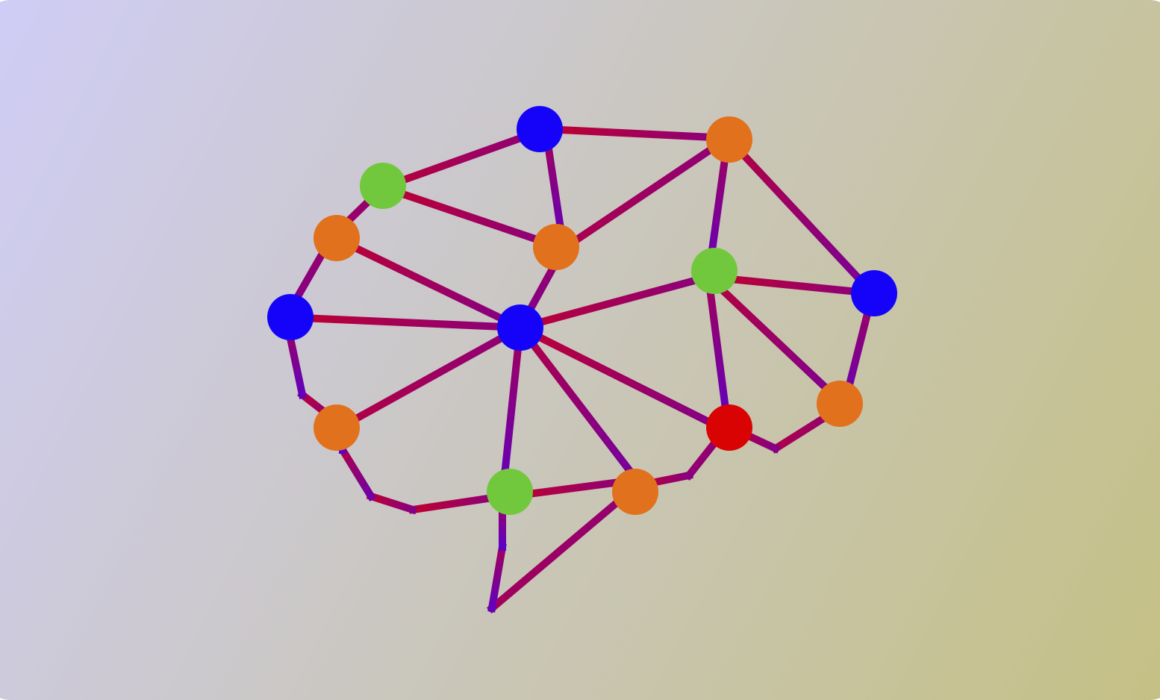Why Rethink the Web?
We are at a great moment in history, a true renaissance in human progress. The internet is providing humanity with an unprecedented leap forward in the ability to create and disseminate all kinds of information. The way ahead is exciting and fraught with dangers and important decisions that have consequences for the whole direction of human culture into the future. Because of this it is important to look at the development of this technology and to think carefully about the consequences of what we are doing.
We’re Having Technical Difficulties
From a technical aspect, there are certainly flaws with the web. HTML syntax is inconsistent, javascript is inconsistent, css is inconsistent, and a lot of it breaks from one browser to another, even within versions of the same browser. Browsers may be getting more standards compliant, but every week there is a new framework, a new must-know technology, that is difficult if not impossible to keep up with. These technologies are densely complex and suitable only for elite developers. It isn’t easy for your average human to build a web site now. And while these things may be debatable, the problems I am talking about include these issues but go to a much more fundamental level.
Balancing Stakeholders
Software design involves creating solutions with all the stakeholder interests in mind, not just one group over another. A lot of thought and a lot of design goes into balancing, merging, and fulfilling ALL stakeholder interests in a system. Before the first User Experience or API is dreamed up, one must understand who will be benefiting from the system and why. The web was NOT designed this way. Significant stakeholder interests have been ignored, and the more we depend upon a framework which tramples on these interests, the more we head towards cultural trouble.
Internet Stakeholders
Who ARE the stakeholders? Here is a possible short list:
end users
content creators (the line between end users and content creators is getting very blurry!)
site owners
software application developers
parents
business owners and managers
advertisers
technology creators
banking service providers
copyright holders
Copy Right
Why is it important to be mindful of these interests? If we ignore a the development of a technology solution to support the interests of copyright holders, for example, eventually content creation that requires funding to produce it could vaporize or deteriorate in quality, and we could be stuck with high school kids doing stunts in their garage as our primary content. We are already headed down that path. We are seeing an uneasy balance starting to develop with services like Youtube and Spotify, but since these really function as monopolies the benefit is heavily weighted towards the service and not the content producer. Economic factors will force technologies to be found and utilized which exclude or circumvent the world standard digital content delivery networks (which is already happening with the so-called “black web”), and humanity will suffer a great cultural loss at this opportune moment in history.
We can either use information technology to promote the rights of actual stakeholders or we can stick our heads in the sand and talk about how copyright is an outdated concept and should be put behind us. Perhaps copyright is an outdated concept, but it must be put to pasture in a way that honors the interests and needs of content creators. I think the future and richness of human culture is wrapped up in the web and is therefore at risk.
Social Media
It is disingenuous to say that the existence and overwhelming prevalence of social media eclipses these issues. Social media is a way of sharing and distributing content – it isn’t the actual content. Wherever content is shared, digital rights and interests are involved. In fact, social media is using the work of content creators in concert with adaptive algorithms to pique the interests of people and to keep them coming back to consume more content, without rewarding the content creators. Social media outlets largely use content created by others without the slightest thought of remuneration to keep eyeballs coming back in order to sell advertising. Not all content is meant to be monetized, but if none is, then quality content creators will not be incentivised and even the draw of social media will be diminished. Of course social media has a huge and legitimate place in the internet’s ecosystem, and nothing enables copying like it. We have to empathize with these use cases as well.
A More Excellent Way
In other words, if we look at stakeholder interests in the system of the web, and instead of picking and choosing which ones we agree with, we empathize with them, we embrace them, and we enable all of them communally in a spirit of freedom, we are on the road to beginning to design a great system. The main problem we are going to encounter in rethinking the web is not engineering, but prejudice.
The main stakeholders I intend to start with as I think through the way the internet and the web ought to function are the great thinkers through history. What would Paul the Apostle, Socrates, Plato, Aristotle, Descartes, John Locke, Montaigne, Kant, Kierkegaard, Nietzsche, Martin Luther, and so on have to say about this technology? To whom should we turn for guidance? How can great thinkers inform our day-to-day use of the internet? Perhaps this is an overly grand project, but I think it is high time we turn our attention to it and proactively think about what the internet is and what we as a race can do with it.

